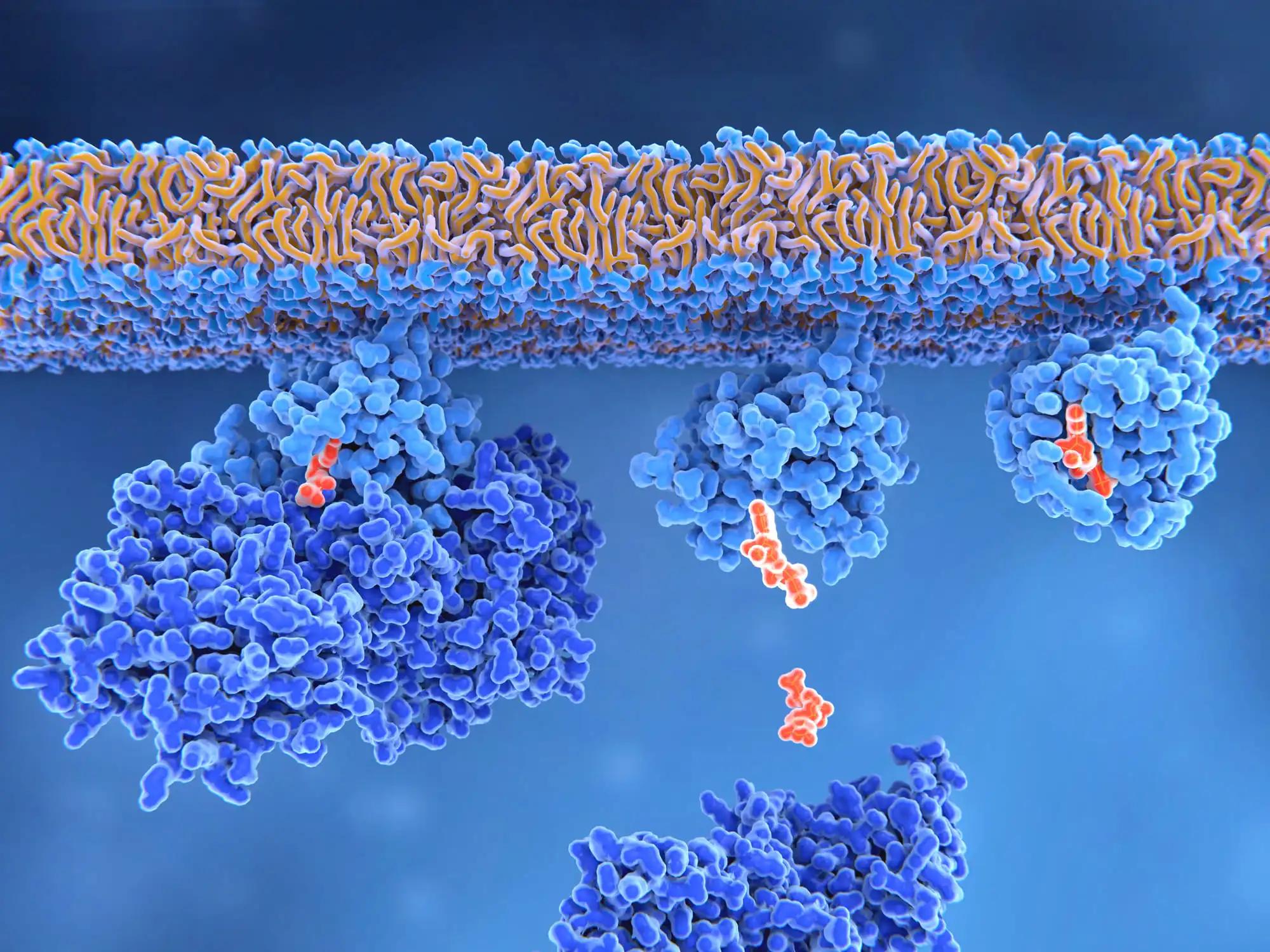KEY TAKEAWAYS
- A phase 3 trial (ARIEL4) evaluated the efficacy of rucaparib compared to chemotherapy in managing ovarian carcinoma in patients with BRCA1 or BRCA2 mutations.
- The primary aim was to assess investigator-assessed progression-free survival in the efficacy population.
- The median progression-free survival in the efficacy population was 7.4 months for the rucaparib group and 5.7 months.
- Most adverse events were grade 1 or 2, with anemia or reduced hemoglobin levels being the prevailing grade 3 or more severe treatment.
- Three potentially rucaparib-related deaths were reported: 1 cardiac disorder, 1 myelodysplastic syndrome, and 1 unconfirmed cause.
- Rucaparib was found as a viable alternative to chemotherapy for relapsed, BRCA1 or BRCA2-mutated ovarian carcinoma patients in ARIEL4 study.
Limited prospective studies have compared poly(adenosine diphosphate-ribose) polymerase (PARP) inhibitors and chemotherapy for managing ovarian carcinoma in patients with BRCA1 or BRCA2 mutations. Researchers objective was to evaluate the efficacy of rucaparib compared to chemotherapy regimens based on platinum and non-platinum agents in this clinical context. This phase 3 study (ARIEL4) was conducted in 64 hospitals and cancer centers across 12 countries. Patients aged 18 years and older with BRCA1-mutated or BRCA2-mutated ovarian carcinoma, an Eastern Cooperative Oncology Group performance status of 0 or 1, and who had received two or more previous chemotherapy regimens were recruited. The study was open-label and randomized. Patients meeting the eligibility criteria were subjected to the random assignment (2:1) through the employment of an interactive response technology and block randomization (block size of six). Stratification was done based on the progression-free interval after the most recent platinum-containing therapy.
Per institutional guidelines, the patients were then prescribed oral rucaparib (600 mg twice daily) or chemotherapy. Patients diagnosed with platinum-resistant or partially platinum-sensitive disease were administered paclitaxel at a starting dose of 60-80 mg/m2 on days 1, 8, and 15. Patients with fully platinum-sensitive disease were treated with platinum-based chemotherapy, including single-agent cisplatin, carboplatin, or platinum-doublet chemotherapy. The patients underwent treatment in cycles of either 21 or 28 days. The investigator-assessed progression-free survival was the primary endpoint evaluated in the efficacy population, which included all patients randomly assigned with deleterious BRCA1 or BRCA2 mutations without reversion mutations. This was subsequently assessed in the intention-to-treat population, which included all randomly assigned patients. The safety of all patients who received at least one dose of the assigned study treatment was evaluated. The enrollment process has been concluded, and the study is presently in progress.
During the period spanning from March 1, 2017, to September 24, 2020, a total of 930 patients underwent screening. Out of these, 349 patients who met the eligibility criteria were randomly allocated to receive either rucaparib (n=233) or chemotherapy (n=116). The median age of the patients was 58 years, with an interquartile range (IQR) of 52-64. A total of 332 patients, which accounts for 95% of the study population, were identified as White. At the point of data cutoff on September 30th, 2020, the median follow-up duration was 25.0 months, with an interquartile range of 13.8 to 32.5 months. The median progression-free survival in the efficacy population consisting of 220 patients in the rucaparib group and 105 patients in the chemotherapy group was 7.4 months (95% CI 7.3-9.1) and 5.7 months (5.5-7.3), respectively.
The hazard ratio (HR) was 0.64 (95% CI 0.49-0.84) with a P=0.0010. The median progression-free survival in the intention-to-treat population was 7.4 months (95% CI 6.7-7.9) for the rucaparib group and 5.7 months (5.5-6.7) for the chemotherapy group (HR 0.67 [95% CI 0.52-0.86]; P=0.0017). Most adverse events that emerged during treatment were of grade 1 or 2 severity. The prevailing grade 3 or more severe treatment-induced unfavorable occurrence was anemia or reduced hemoglobin levels. This was observed in 52 (22%) out of 232 patients in the rucaparib cohort, compared to six (5%) out of 113 patients in the chemotherapy cohort. A total of 62 (27%) patients in the rucaparib group and 13 (12%) patients in the chemotherapy group experienced severe treatment-emergent adverse events. The investigator considered 32 (14%) patients in the rucaparib group and six (5%) patients in the chemotherapy group to have serious adverse events related to treatment. Three fatalities were deemed to have a plausible association with rucaparib, with one being attributed to a cardiac ailment, another to myelodysplastic syndrome, and the third having an undetermined cause.
Source:https://pubmed.ncbi.nlm.nih.gov/35298906/
Clinical Trail: https://clinicaltrials.gov/ct2/show/NCT02855944
Kristeleit R, Lisyanskaya A, Fedenko A, Dvorkin M, de Melo AC, Shparyk Y, Rakhmatullina I, Bondarenko I, Colombo N, Svintsitskiy V, Biela L, Nechaeva M, Lorusso D, Scambia G, Cibula D, Póka R, Oaknin A, Safra T, Mackowiak-Matejczyk B, Ma L, Thomas D, Lin KK, McLachlan K, Goble S, Oza AM. Rucaparib versus standard-of-care chemotherapy in patients with relapsed ovarian cancer and a deleterious BRCA1 or BRCA2 mutation (ARIEL4): an international, open-label, randomised, phase 3 trial. Lancet Oncol. 2022 Apr;23(4):465-478. doi: 10.1016/S1470-2045(22)00122-X. Epub 2022 Mar 14. PMID: 35298906.



